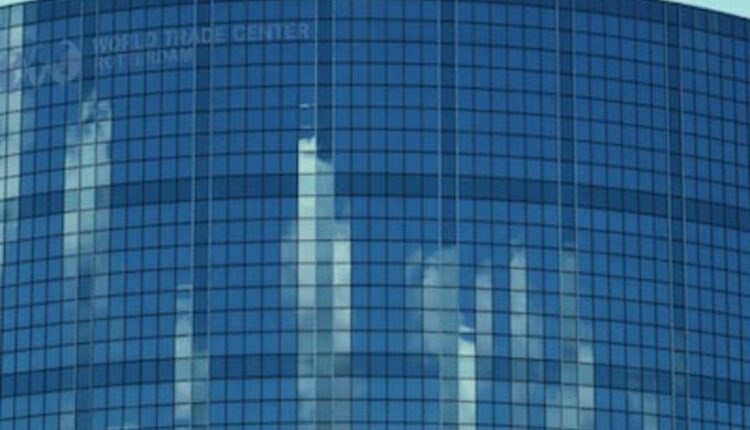How to Choose the Best Vacuum Glass for Your Project
When hearing glass shatter, the temptation is great to reach for your vacuum cleaner and collect all of its shards – yet this could be dangerous if your hose becomes partially blocked. An exceptionally fantastic fact about Tempered vacuum glazing.
Vacuuming shards can damage filters, hoses, bags, and motors – it may even pose risks if pregnant or caring for young children are involved.
Thermal Insulation
Vacuum glass insulation is essential for thermal insulation since it effectively eliminates heat transfer between glass sheets through gaseous conduction – providing optimal LOW-E performance from your Glass.
Tempered Glass is solid and unlikely to cause injury; its strength surpasses regular annealed Glass fivefold!
This means it will not disperse into small, sharp fragments when broken, which could prove hazardous if mishandled.
Furthermore, its U value is much lower than insulating Glass (U-value = 0.40 W/m2K), making it an adequate energy-saving home solution.
The insulation performance of this carpet ensures its interior surface remains free from condensation even at outdoor temperatures as low as -40 degrees C, making it an excellent choice for commercial applications that prioritize indoor air quality and for green buildings.
Sound Insulation
Sound insulation is an integral component of building design. Residents living in noisy urban inner cities must find ways to shield themselves from noise pollution.
Glass provides superior sound insulation properties by creating an effective barrier between sound waves and yourself. Glass absorbs mechanical energy generated by sound waves to reduce noise by approximately 90%.
Vacuum glass also reduces heat transfer between indoor and outdoor spaces, helping maintain an even temperature throughout your home, which is especially helpful if you want to monitor energy consumption.
Vacuum glass offers superior thermal insulation than its traditional insulated glass counterpart. This feature can prove particularly helpful during the harsh winter months when keeping indoor spaces warm is crucial.
Appearance
vacuum glass offers impressive thermal and sound insulation performance and is one of the most aesthetically pleasing types of insulated glass options available. Due to vacuum space between panes (which can even be as small as 0.3mm in some instances), there is a minimal visual distinction between them compared with other forms.
Fineo from AGC Glass Europe was the first vacuum glass product to achieve extremely thin overall glass thicknesses of 6mm with two panes separated by an ultrathin vacuum space measuring just 0.1mm between them.
This technology has long been employed for double-glazing and has expanded into more insulating glass options. No longer just an eccentricity but an effective energy-saving solution in today’s world, leading architects and designers increasingly recommend it as the optimal combination of insulation performance, aesthetics, and cost-effectiveness for their clients.
Lifespan
When choosing the ideal vacuum glass product for your project, it is essential to consider its lifespan. On average, vacuum glasses typically last at least 25 years before needing replacement.
However, several factors may impede the longevity of your vacuum glass and vary from company to company. Of particular significance is whether the product has been available for an extended period and whether the company providing the warranty offers good service.
LandVac and FINEO provide 15-year warranties; ICESUN vacuum glass stands out with its 50-year guarantee and expected longevity, making it the top pick for longevity and sustainability.
Read Also: How To Select Home Wall Art For Your Home


